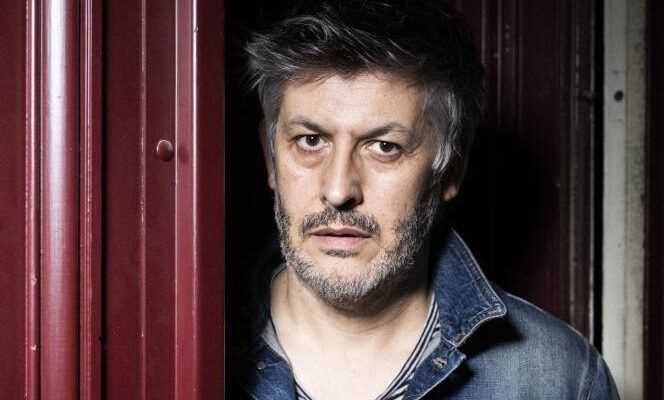Filmmaker, theater and opera director, writer, Christophe Honoré, 51, cultivates transversality. The health crisis stopped its creation this winter The side of Guermantes, at the Comédie-Française but his film, Guermantes, will be released on September 15th. His new piece, The Sky of Nantes, will be presented this fall at the Théâtre des Célestins in Lyon.
I wouldn’t have gotten there if …
… If, quite simply, there had not been a cinema in Rostrenen, my childhood village in the heart of Brittany [dans les Côtes-d’Armor]. I was 11-12 years old, on Friday and Saturday evenings, with friends and girlfriends, we all went to Ciné Breiz. It was the place where you could roll your shovels! What did the film matter? There were two sessions. I remember negotiating with my parents for permission to stay at 10:30 pm They didn’t understand but let me do it because the cinema was near the subdivision where we lived.
Suddenly, I discovered films which escaped the lot of popular comedies, which resonated in me in a more solemn way. This is how I started to get really interested in cinema, with, for example, Paris, Texas, by Wim Wenders. It’s always strange to wonder why, at 12, you can set yourself a sort of finish line: it will be a filmmaker or nothing. I am surprised at the pretension and stubbornness of the child that I was.
Apart from these cinema sessions, what flavor did your childhood have?
I had a very preserved, protected childhood, at the same time very sweet and quite boring. In college, with my French teacher, we wrote a newspaper and, of course, the film column had been assigned to me. I surely had to quote films in my writing! I took this monthly review very seriously, I felt like I was a smuggler! But, very quickly, the question was: how to escape? While already having the feeling of especially not wanting to betray.
Why “betray”?
When you want to start from somewhere where everything is going well, inevitably the people who stay tend to blame you, to say to you: what do you miss? When I started talking to my parents about movies, they were scared. I saw a kind of compassion in their eyes, as if they were projecting themselves into my future failures. To them, it seemed insane to them, so I had to gently steer away from it.
In college, as a good student, I did everything to please my parents and my teachers. But in high school, two months after I started second, my father died in a car accident. I was 15 years old, everything collapsed: it was the eruption of a tragedy in a rather idyllic childhood, a melodrama because my parents had just had my little brother.
You have 80.43% of this article to read. The rest is for subscribers only.
